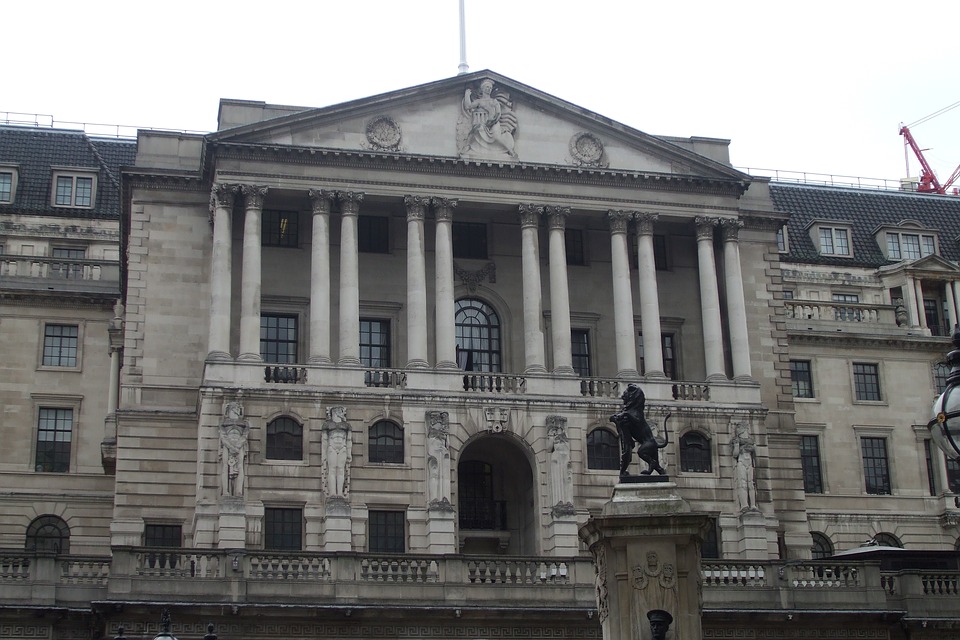Uncertainty over the outlook for Britain’s weak productivity growth is a key factor for monetary policy, Bank of England Deputy Governor Dave Ramsden said on Friday.
Ramsden was one of two policymakers to oppose November’s rate rise, the first in a decade. He shed little light on his latest views in his first speech since then.
“Overall, it’s the MPC’s view that the economy’s speed limit is likely to be around 1.5 percent,” he told businesses at an event organised by the Confederation of British Industry.
“With very little spare capacity in the economy, even the unusually weak actual growth of around 1.75 percent over the forecast horizon… is still sufficient to generate excess demand,” he added.
Earlier this month the BoE also said it might need to raise rates sooner and by slightly more than it had expected in November to keep inflation under control. Ramsden did not directly address this.
“The weakness of, and uncertainty around, the path of UK productivity is a key driver of these unusual developments and is therefore a key consideration for monetary policy,” he said.
UNCERTAINTY
Most economists polled by Reuters expect interest rates to rise again by May, and financial markets price in a further rate rise by the end of the year, which would take rates to 1 percent.
British productivity – measured in terms of output per hour worked – has stagnated since the financial crisis, probably suffering it weakest decade since the early 19th century according to official statisticians.
Figures earlier this week showed signs of a pick-up, but the BoE expects it to run at only around half its historic average of 2 percent over the next few years.
Ramsden said there was major uncertainty over whether productivity growth would return to its pre-crisis average of 2 percent.
“After such a long period of weak productivity growth it is reasonable to argue that we are in a new paradigm of lower productivity growth, and that is reinforced by the global nature of the weakness,” he said.
That said, productivity has been volatile in the past and has still ultimately returned to a 2 percent growth rate, he said.
Britain’s departure from the European Union in March next year was also holding back investment and productivity, and this was likely to endure until there is clarity about future trading arrangements, he added.
The CBI’s director general, Carolyn Fairbairn, speaking at the same event, urged the government to ensure that businesses could still easily hire EU workers after Brexit.
Source: UK Reuters

